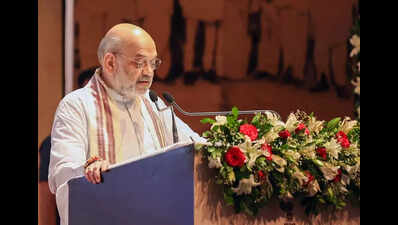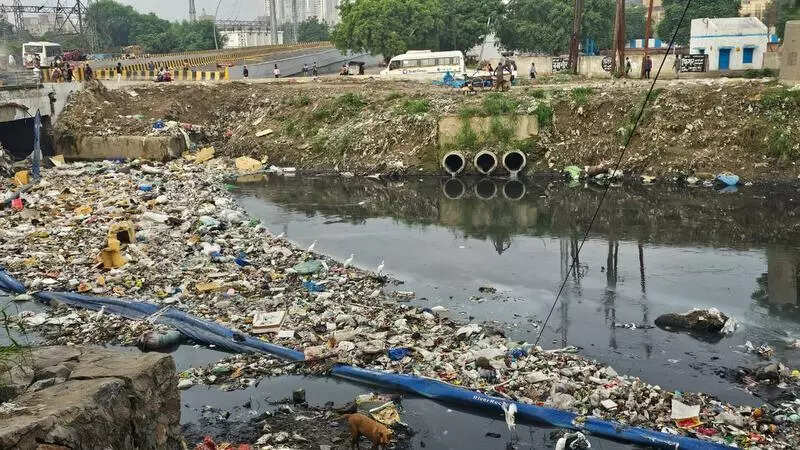New Delhi: Union home minister Amit Shah is likely to preside over the inauguration of 101 Ayushman Arogya Mandirs in the city on Sept 17, Prime Minister Narendra Modi’s birthday. The launch, recently announced by Delhi govt, is part of a nationwide move to strengthen primary healthcare.Ayushman Arogya Mandirs, earlier known as health and wellness centres, are designed to bring accessible, affordable and comprehensive healthcare closer to people’s homes. The clinics provide a range of services, such as cervical cancer screening, maternal care and vaccination for children. Each centre is also equipped to give 105 essential medicines for free.On July 24, chief minister Rekha Gupta inaugurated 34 Ayushman Arogya Mandirs at the secretariat. With the addition of these centres, the capital now has 135 such facilities, which makes Delhi one of the better-covered states.The upcoming 101 centres will be spread across all 11 districts. The land-owning agencies include Directorate of Health Services, New Delhi Municipal Council, and Municipal Corporation of Delhi.To strengthen diagnostic capacity, each centre offers 14 in-house lab tests such as for haemoglobin, blood sugar, malaria, dengue and typhoid. In addition, 79 outsourced tests such as liver and kidney function tests, lipid profile, thalassemia and thyroid screenings are also available for free. The centres promote preventive care through bi-weekly yoga sessions on Mondays and Thursdays.The sub-centres will operate under the Pradhan Mantri-Ayushman Bharat Health Infrastructure Mission, launched in 2021-22 with consolidated funding up to 2026. After five years, the programme will either be absorbed by state authorities or be extended by govt of India. To cater to Delhi’s population, the city needs 1,139 Ayushman Arogya Mandirs — approximately 15 centres in each Assembly constituency.Alongside the inauguration of the centres, Delhi govt will inaugurate 150 haemodialysis machines in govt hospitals under its public-private partnership dialysis project. This would expand access to critical care services.Officials said that the expansion reflects a shift towards preventive, promotive and community-based care, reducing dependence on overburdened tertiary hospitals, while ensuring that the poorest citizens have access to quality healthcare.











